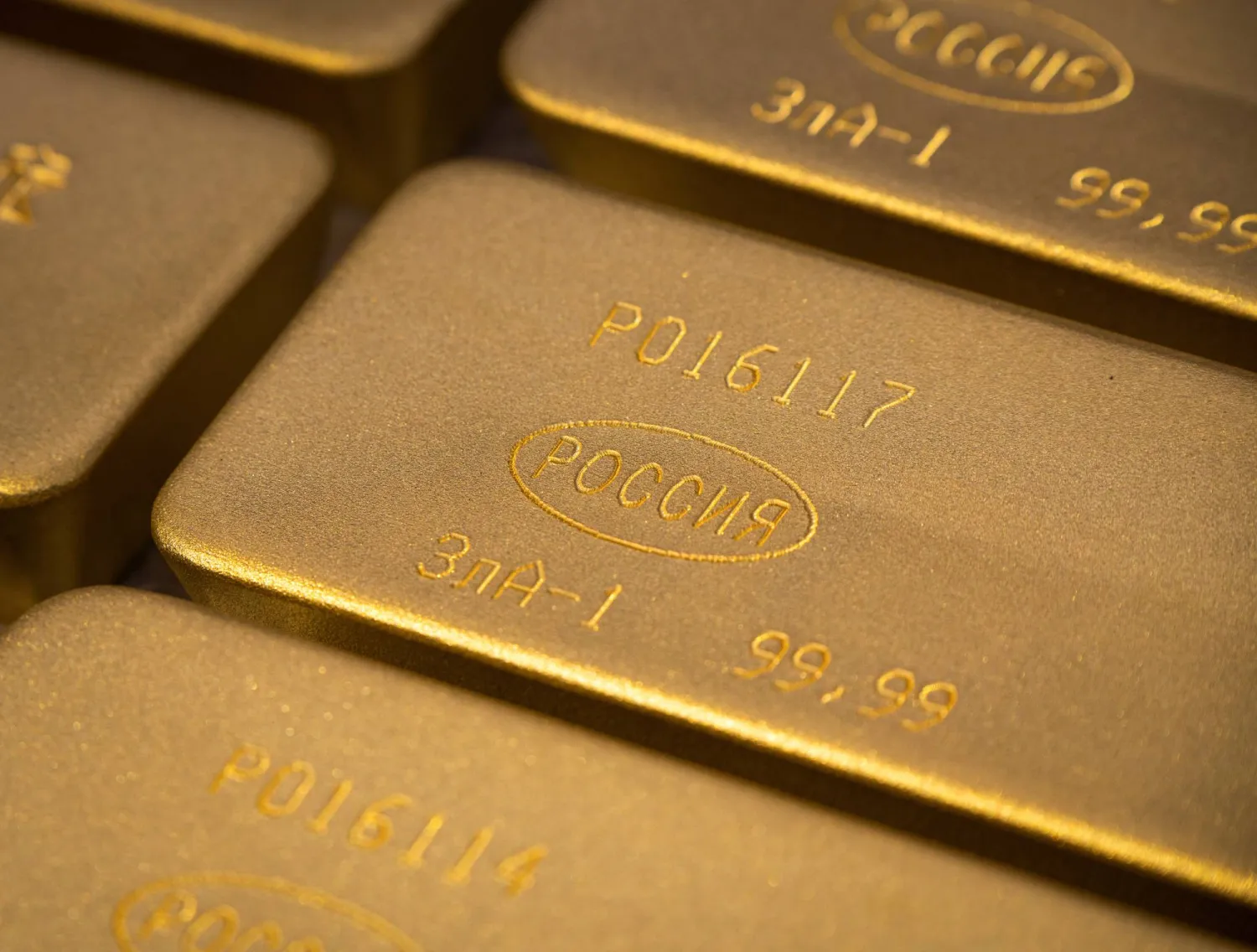Gold fell on Tuesday after rising 1% in the previous session as investors awaited US jobs data due later in the week for further clues on the health of the labor market and if it will deter the Federal Reserve from cutting rates in September.
Spot gold was down 0.5% at $2,335.97 per ounce, as of 0826 GMT. Prices touched their lowest level in nearly a month on Monday before settling 1% higher.
US gold futures were down 0.6% at $2,355.50.
ADP employment report is due on Wednesday before Friday's non-farm payrolls data, said Reuters.
"If the payrolls data comes above 200,000, which is kind of very rosy, then gold prices might slide further and even break that $2,320 support level," said Kelvin Wong, a senior market analyst for Asia Pacific at OANDA.
"We do see technical factors that are still positive at least in the near term because it's still being supported at the $2,320 support level, with yesterday's bounce reinforced by weaker-than-expected manufacturing numbers, which also caused the yields to fall."
Meanwhile, in major gold consumer India, share markets sold off sharply after early vote counting showed Prime Minister Narendra Modi's Bharatiya Janata Party (BJP)-led alliance was not headed for a landslide win as predicted.
"Just before the election results are out or during the election period, demand for gold will be subdued because of the restriction on cash transactions," said ANZ commodity strategist Soni Kumari.
"So once the election is over, we can expect some kind of pent-up demand because the wedding season is still not yet over," Kumari said, adding that if equities continue to crash, there will be some funds going into gold as well.
Among other precious metals, spot silver fell 2.5% to $30.01 per ounce, platinum was down 0.4% at $1,008.00 and palladium lost 0.3% to $915.00.
"The Modi government is focusing more on industrial growth like solar (projects). As industrial demand is improving, silver should benefit," said Ajay Kedia, director at Kedia Commodities, Mumbai.
Gold Drifts Lower as Investors Focus on US Jobs Data

A view shows ingots of 99.99 percent pure gold in a workroom during production at Krastsvetmet precious metals plant in the Siberian city of Krasnoyarsk, Russia, May 23, 2024. REUTERS/Alexander Manzyuk

Gold Drifts Lower as Investors Focus on US Jobs Data

A view shows ingots of 99.99 percent pure gold in a workroom during production at Krastsvetmet precious metals plant in the Siberian city of Krasnoyarsk, Russia, May 23, 2024. REUTERS/Alexander Manzyuk
لم تشترك بعد
انشئ حساباً خاصاً بك لتحصل على أخبار مخصصة لك ولتتمتع بخاصية حفظ المقالات وتتلقى نشراتنا البريدية المتنوعة







